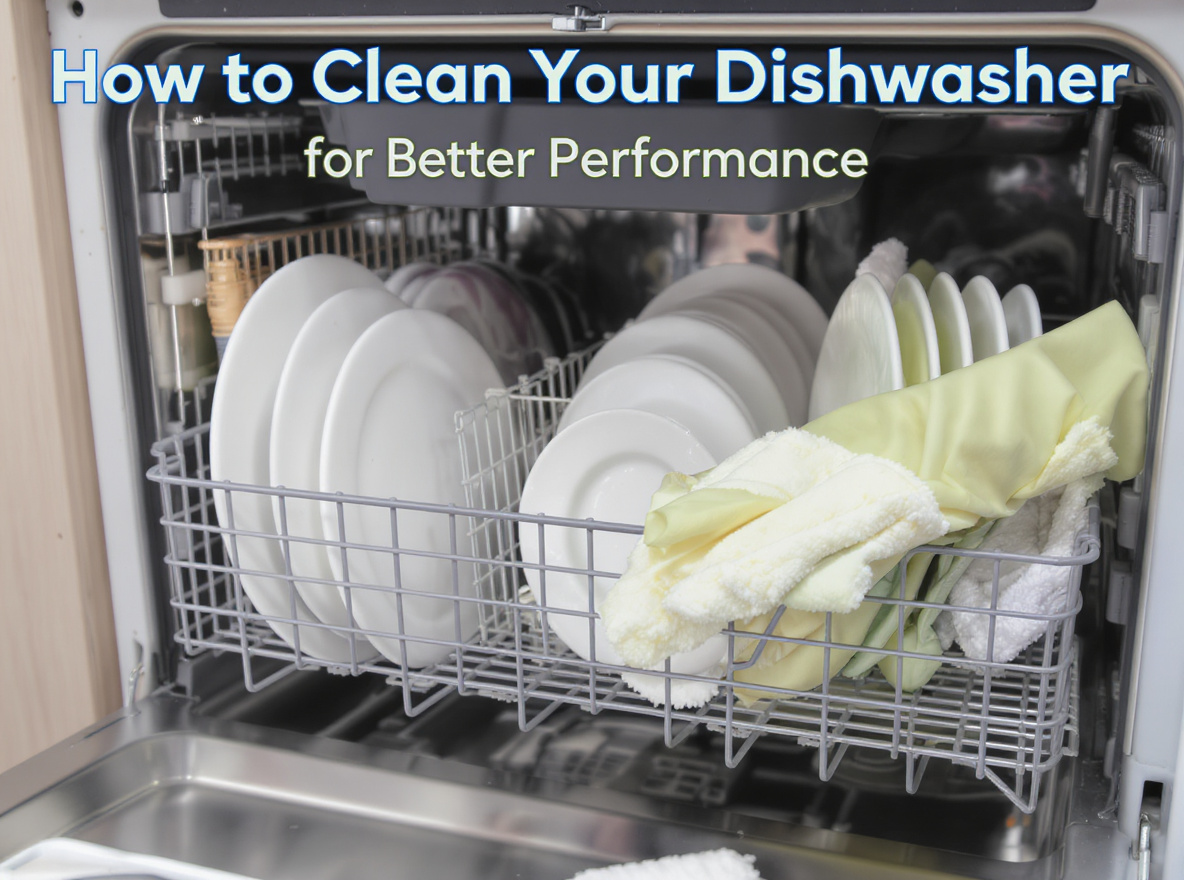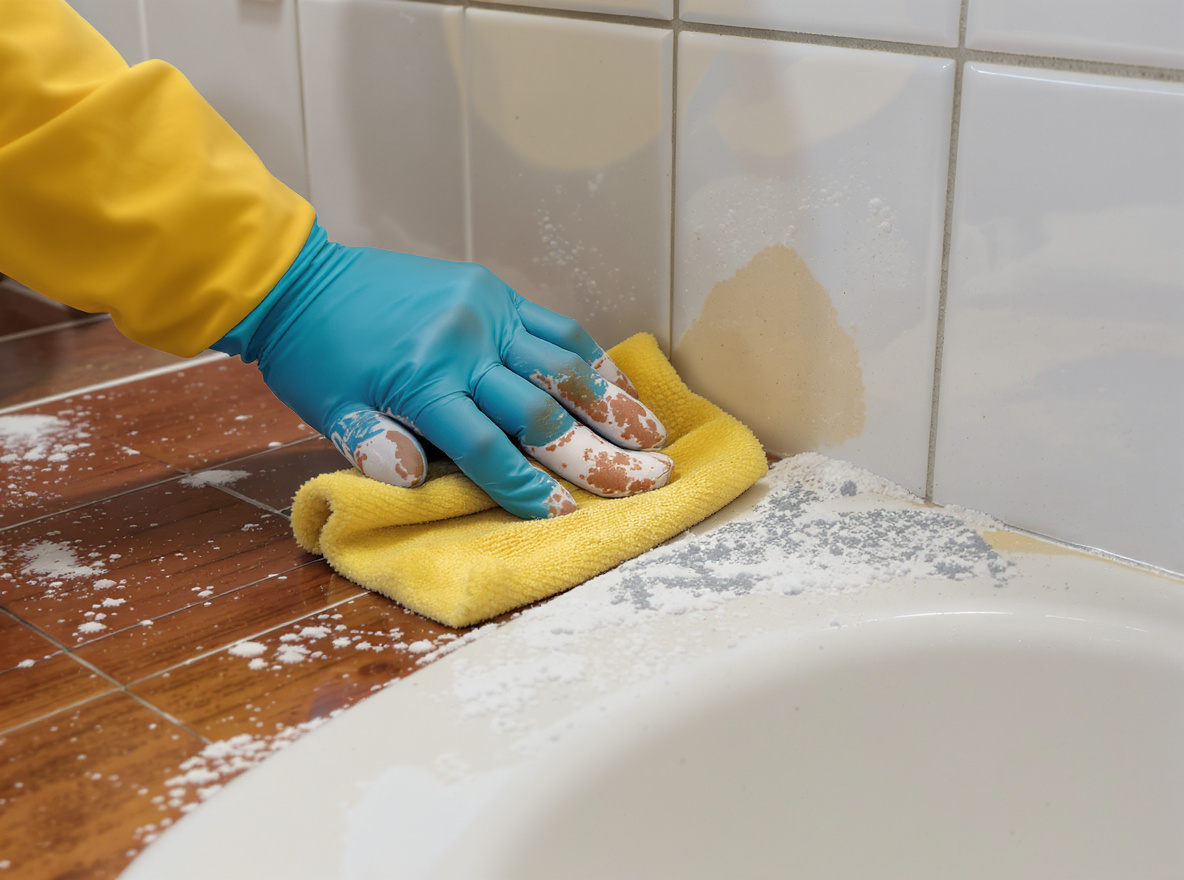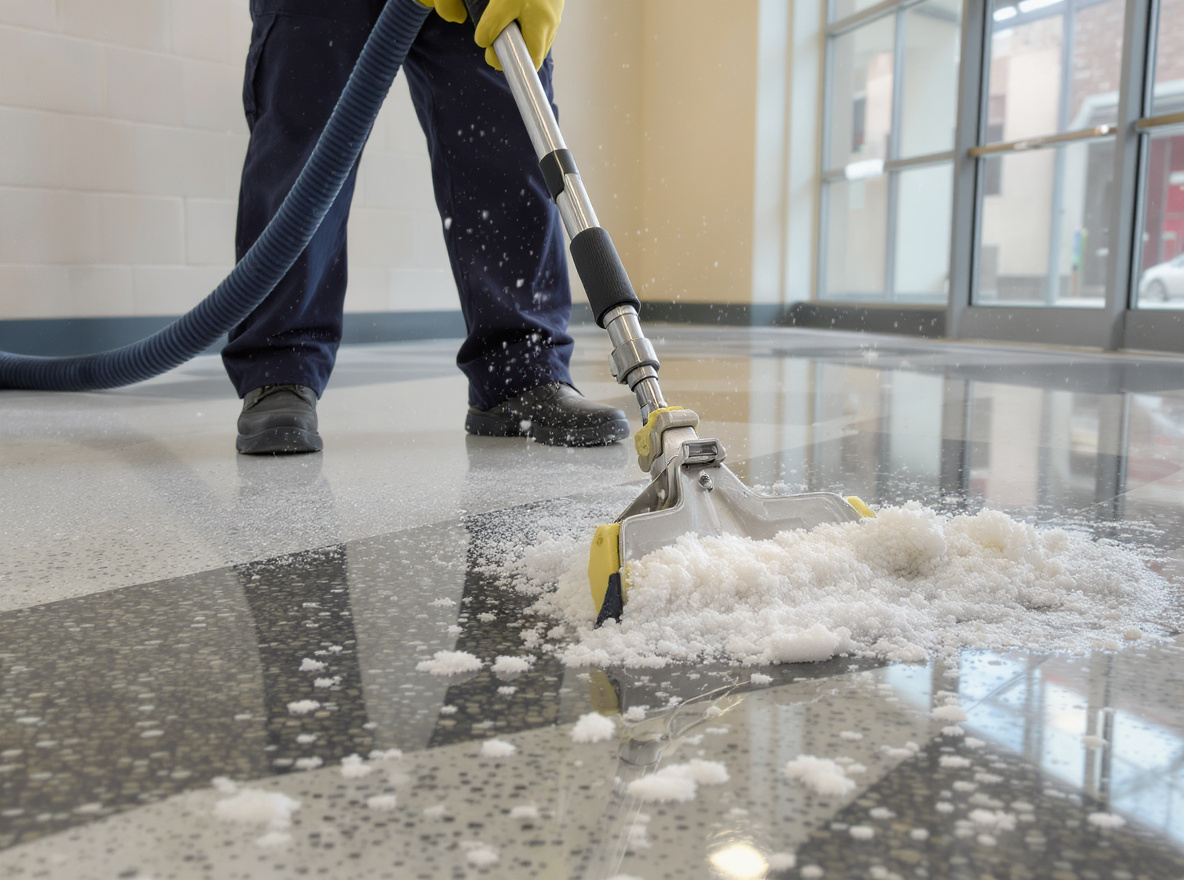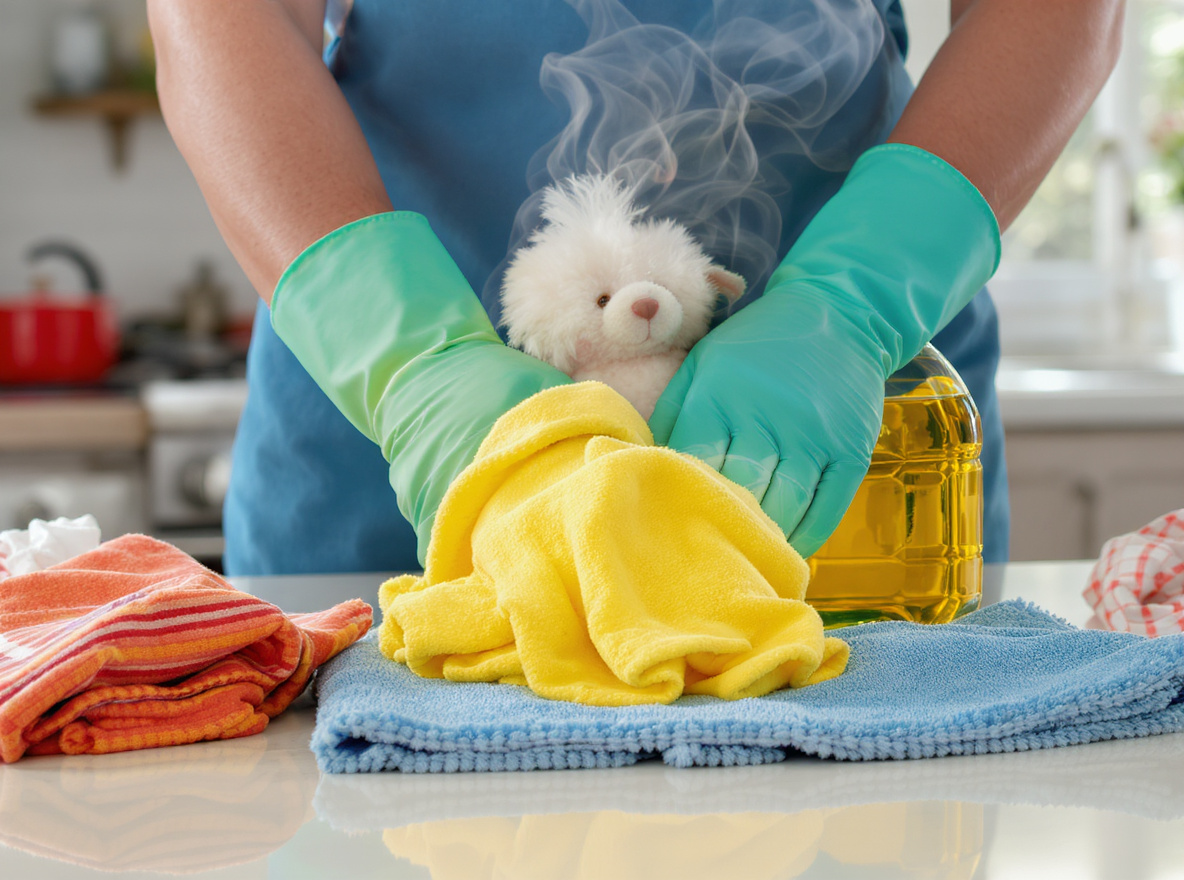The ultimate dishwasher cleaning guide: Unleashing maximum performance through proper maintenance
Let’s face it – your dishwasher is the unsung hero of your kitchen. Day after day, it tackles greasy pans, sauce-splattered plates, and crusty casserole dishes without complaint. But here’s the dirty truth: that machine doing the cleaning needs cleaning itself. Ironic, isn’t it? The device meant to make things sparkle can get downright nasty if neglected. And a dirty dishwasher doesn’t just smell bad – it performs poorly, leaving you with spotted glasses and food-flecked flatware.
I’ve compiled the most comprehensive dishes dishwasher cleaning guide you’ll find anywhere, packed with professional techniques and natural cleaning solutions that will transform your dishwasher maintenance routine. Let’s restore your kitchen workhorse to its former glory!
Monthly deep clean essentials
A monthly deep cleaning ritual is crucial for maintaining optimal dishwasher performance. This process tackles mineral buildup, grease accumulation, and detergent residue that can hamper your machine’s efficiency.
The white vinegar method
The classic vinegar clean remains one of the most effective natural dishwasher cleaning approaches:
- Clear the dishwasher of all dishes and utensils
- Pour 2 cups of white vinegar into a dishwasher-safe container
- Place the container upright in the lower rack of the empty dishwasher
- Run a normal cycle with the heat dry option turned off
- Do not add detergent to this cleaning cycle
This vinegar treatment dissolves mineral deposits, breaks down grease, and neutralizes odors lurking in the spray arms and hidden crevices.
The baking soda boost
After completing the vinegar cycle, take your cleaning to the next level:
- Sprinkle 1 cup of baking soda across the bottom of the dishwasher
- Run a short hot water cycle (again without detergent)
- Marvel at your freshly deodorized, deeply cleaned dishwasher interior
The combination of vinegar’s acidity followed by baking soda’s gentle abrasiveness creates a one-two punch that eliminates stubborn buildup while neutralizing any lingering odors.
Commercial cleaners: A convenient alternative
If DIY solutions aren’t your style, commercial dishwasher cleaners like Cascade Platinum Dishwasher Cleaner offer an effective alternative. These products are specifically formulated to cut through mineral deposits and grease:
- Place one cleaning tablet in the empty dishwasher
- Run a normal cleaning cycle
- Enjoy a rejuvenated dishwasher with minimal effort
Check your cleaner’s instructions first – some can be used with dishes in the same cycle, while others require an empty machine.

If you’re looking for a trusted and high-quality cleaning service in Buffalo, Tonawanda, or Amherst —
get a free quote online.
You can also call us at 716-289-1966.
Weekly maintenance practices
Monthly deep cleans are essential, but weekly attention prevents problems from developing in the first place. Here are the critical weekly maintenance tasks that keep your dishwasher running smoothly.
Filter cleaning: The most overlooked task
Your dishwasher filter is ground zero for food particles and debris. When clogged, it compromises cleaning performance and creates odors:
- Locate the filter at the bottom of the dishwasher beneath the spray arm
- Remove the bottom rack to access it
- Unlock and remove the filter (consult your owner’s manual if needed)
- Rinse under hot running water
- Use a soft toothbrush to scrub the mesh screen and plastic frame
- Rinse again thoroughly
- Lock the filter securely back in place
Warning: Never operate your dishwasher without the filter properly locked – this can cause severe damage and potentially void your warranty.
Door and seal maintenance
The rubber gasket around your dishwasher door collects grime and can develop mold if neglected:
- Wipe down the interior door surface with a damp microfiber cloth
- Pay special attention to the door edges, handle, and control buttons
- Gently clean the rubber gasket with a soft toothbrush dipped in warm, sudsy water
- Wipe the detergent dispensers to remove any undissolved residue
This simple weekly ritual prevents seal deterioration and ensures a proper watertight closure during operation.
Spray arm inspection and cleaning
The spray arms distribute water throughout your dishwasher. When clogged, cleaning effectiveness plummets:
- Remove the spray arms (consult your manual for instructions)
- Inspect the nozzles for blockages
- Use a toothpick to clear any debris from the holes
- Wipe down with a damp cloth
- Reinstall properly
A good rule of thumb is to thoroughly clean the spray arms every six months, but weekly visual inspections help catch developing problems.
Daily habits for optimal performance
The most effective dishwasher maintenance isn’t about intensive cleaning – it’s about daily habits that prevent problems before they start.
Post-cycle debris removal
After each dishwasher cycle:
- Check the bottom of the dishwasher for any dropped food particles
- Remove debris from the drain area with a paper towel
- This simple habit prevents odors and drain clogs.
Run hot water before starting
This clever trick significantly improves cleaning performance:
- Run hot water in your kitchen sink until it reaches maximum temperature
- Then start your dishwasher
- This ensures your machine begins its cycle with hot water rather than cold water from the pipes
- Hot water dissolves detergent more effectively and improves cleaning power.
Regular usage maintains seals
Believe it or not, using your dishwasher too infrequently can cause problems:
- Run your dishwasher at least once weekly
- This keeps motor seals properly lubricated and functioning
- Even small loads are more water-efficient than hand washing.
Troubleshooting common issues
Even with regular maintenance, dishwashers can develop specific problems. Here’s how to address the most common issues.
Cloudy glassware solutions
If your glasses emerge cloudy despite proper cleaning:
- Check your water hardness level
- Consider installing a water softener for whole-house treatment
- Use a rinse aid specifically formulated for hard water
- Try cleaning affected items with white vinegar to remove existing mineral deposits
Hard water minerals leave films that regular detergent can’t remove, making specialized treatment necessary.
Eliminating persistent odors
If standard cleaning doesn’t eliminate dishwasher odors:
- Check the drain area for trapped food particles
- Inspect the filter for stubborn debris
- Run an empty cycle with a commercial dishwasher cleaner
- For persistent problems, check the air gap (if your model has one) for blockages
Lingering odors often indicate hidden food particles that standard cleaning missed.
Addressing poor cleaning results
When dishes emerge still dirty:
- Ensure proper loading technique (avoid overcrowding)
- Check spray arms for freedom of movement
- Inspect and clean spray arm nozzles
- Verify your water temperature (should be at least 120°F)
- Use fresh, high-quality detergent appropriate for your water hardness
Many cleaning problems stem from mechanical issues like blocked spray arms or improper loading rather than the dishwasher itself.
Advanced maintenance techniques
For those willing to go beyond basic cleaning, these advanced techniques can extend your dishwasher’s lifespan and performance.
Drain inspection and cleaning
The drain area can harbor hidden debris:
- Remove the lower rack completely
- Inspect the drain cover for food particles
- Remove any visible debris
- Pour a mixture of equal parts vinegar and baking soda down the drain
- Let sit for 15 minutes, then flush with hot water
This deep drain cleaning prevents slow draining and potential water backup issues.
Heating element assessment
If your dishwasher has an exposed heating element:
- Ensure the dishwasher is powered off
- Inspect the heating element for white mineral buildup
- Create a paste of baking soda and water
- Gently scrub the element with the paste
- Rinse thoroughly
The heating element is crucial for drying performance and sanitizing dishes, so keeping it clean is essential.
Water inlet screen cleaning
The often-forgotten water inlet screen can become clogged:
- Turn off water and power to the dishwasher
- Locate the water inlet valve (usually behind the lower front panel)
- Remove and clean the small screen with a soft brush
- Reinstall the screen and restore water/power
A clogged inlet screen restricts water flow, compromising cleaning performance.
Natural dishwasher cleaning solutions
For those preferring eco-friendly approaches, nature provides powerful cleaning agents that work as well as commercial products.
The citric acid alternative
Citric acid cuts through mineral deposits effectively:
- Place 2-3 tablespoons of citric acid powder in the detergent cup
- Run an empty cycle on the hottest setting
- This is particularly effective for hard water mineral buildup.
Lemon refresh method
For a pleasant-smelling dishwasher:
- Place a lemon cut in half on the top rack
- Run a normal cycle
- The natural acids clean while leaving a fresh scent.
Essential oil deodorizer
For between-cleaning freshness:
- Mix 10 drops of tea tree or lemon essential oil with 1 cup of vinegar
- Place in a dish on the top rack
- Run a short cycle
- Enjoy the natural antimicrobial benefits and pleasant aroma.
Preventive maintenance calendar
Establish a dishwasher maintenance schedule to ensure nothing gets overlooked:
Daily:
- Remove food debris after each cycle
- Leave door slightly ajar when not in use to prevent moisture buildup
Weekly:
- Clean filter
- Wipe door seals and edges
- Check and clean spray arm nozzles if needed
Monthly:
- Deep clean with vinegar and baking soda or commercial cleaner
- Inspect drain area
- Check for any unusual noises or performance issues
Quarterly:
- Remove and thoroughly clean spray arms
- Clean door hinges and check for proper alignment
- Verify drain hose positioning (should be elevated in a high loop)
Annually:
- Check water inlet screen
- Inspect heating element
- Examine door gasket for wear and replace if needed
- Consider professional inspection for older machines
Professional maintenance considerations
While DIY maintenance covers most needs, certain situations warrant professional attention:
- Persistent leaking despite proper maintenance
- Unusual noises during operation
- Electrical issues (tripping breakers, etc.)
- Failure to drain properly after cleaning attempts
- Age-related performance decline
Most manufacturers recommend professional service every 1-2 years for optimal performance and longevity.
The bottom line: Clean dishwasher, clean dishes
A properly maintained dishwasher doesn’t just clean better – it uses less energy, requires fewer repairs, and lasts significantly longer. The modest time investment in regular cleaning pays dividends in both performance and longevity.
Remember that your dishwasher works incredibly hard. Every month, it might process hundreds of dishes, withstand high temperatures, and manage challenging food residues. By giving it the care it deserves, you ensure it continues performing at its peak.
Whether you prefer natural dishwasher cleaning methods or commercial solutions, the key is consistency. Establish your maintenance routine, stick with it, and enjoy spotless dishes from a machine that runs like new for years to come.
Your dishwasher has always had your back – isn’t it time you had its?

If maintaining a clean home feels overwhelming, consider professional help. Our expert team is dedicated to delivering detailed and affordable home cleaning services for busy families in areas like Buffalo, Tonawanda, and Amherst. Don’t hesitate to get a free quote online or call us at 716-289-1966 for a cleaner, happier home.
Frequently asked questions
- How often should I deep clean my dishwasher?
You should deep clean your dishwasher at least once a month to prevent buildup and ensure optimal performance.
- Can I run vinegar and baking soda together to clean my dishwasher?
No, it’s best to use vinegar first followed by baking soda in separate cleaning cycles for the best results.
- What should I do if my dishes are still dirty after a cycle?
Check for blockages, ensure correct loading, and verify that the spray arms are working properly.
- How can I eliminate odors from my dishwasher?
Use vinegar, a mixture of baking soda, or a commercial dishwasher cleaner to address persistent odors.
- Is it necessary to use commercial cleaners?
No, natural methods can be just as effective, but commercial cleaners offer convenience and additional cleaning power.
What people are saying about Starcore cleaning. Customer Testimonials.
Emily Johnson, North Buffalo
5 stars
I can’t recommend Starcore enough! They did a phenomenal job cleaning my dishwasher and left everything smelling fresh. Their attention to the filter and spray arms really impressed me. This dishwasher cleaning guide has become my go-to for maintaining my appliances now!
Type of Cleaning: Dishwasher Cleaning
Michael Smith, Amherst
5 stars
Starcore Cleaning truly exceeded my expectations! They tackled my dishwasher with dedication, and the difference was immediately noticeable. The team was friendly and thorough, ensuring every nook was cleaned. I feel confident following the dishwasher cleaning guide tips they provided for keeping it in top shape!
Type of Cleaning: Deep Cleaning














